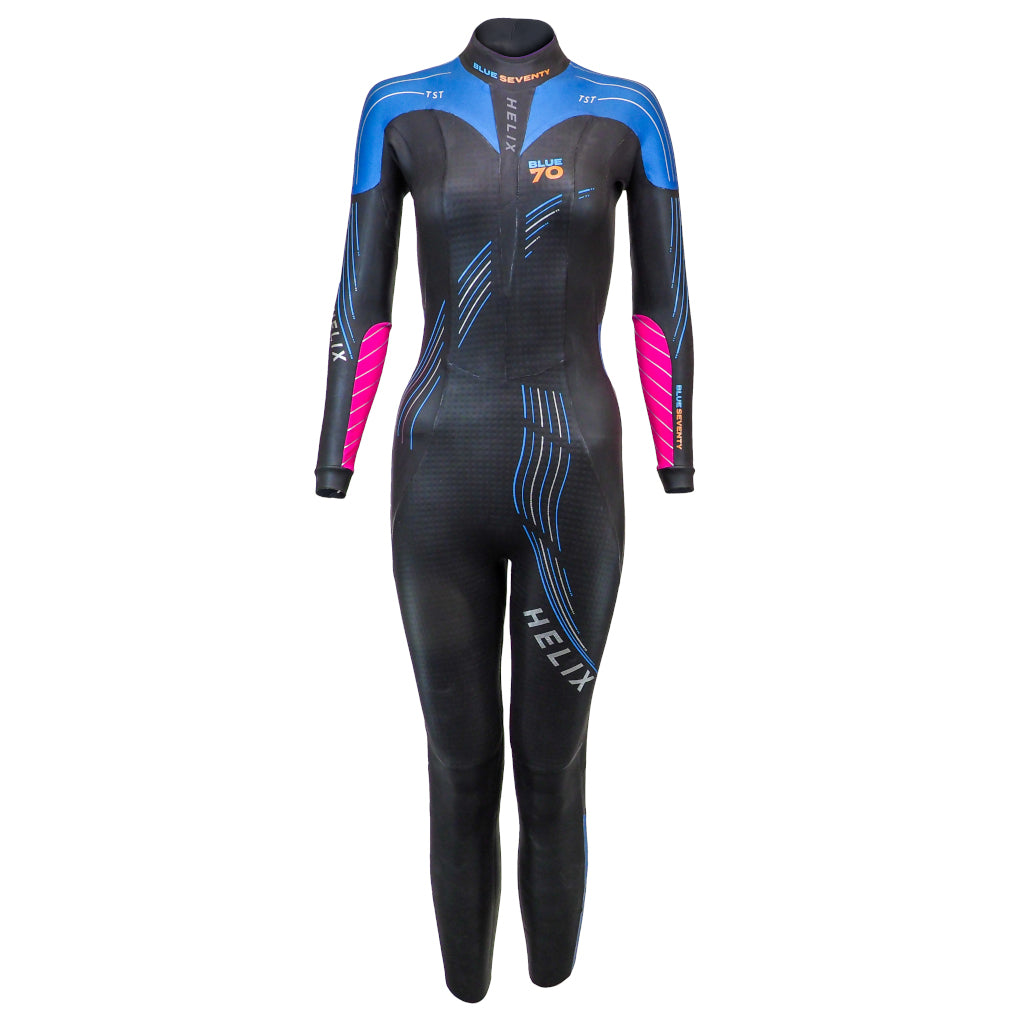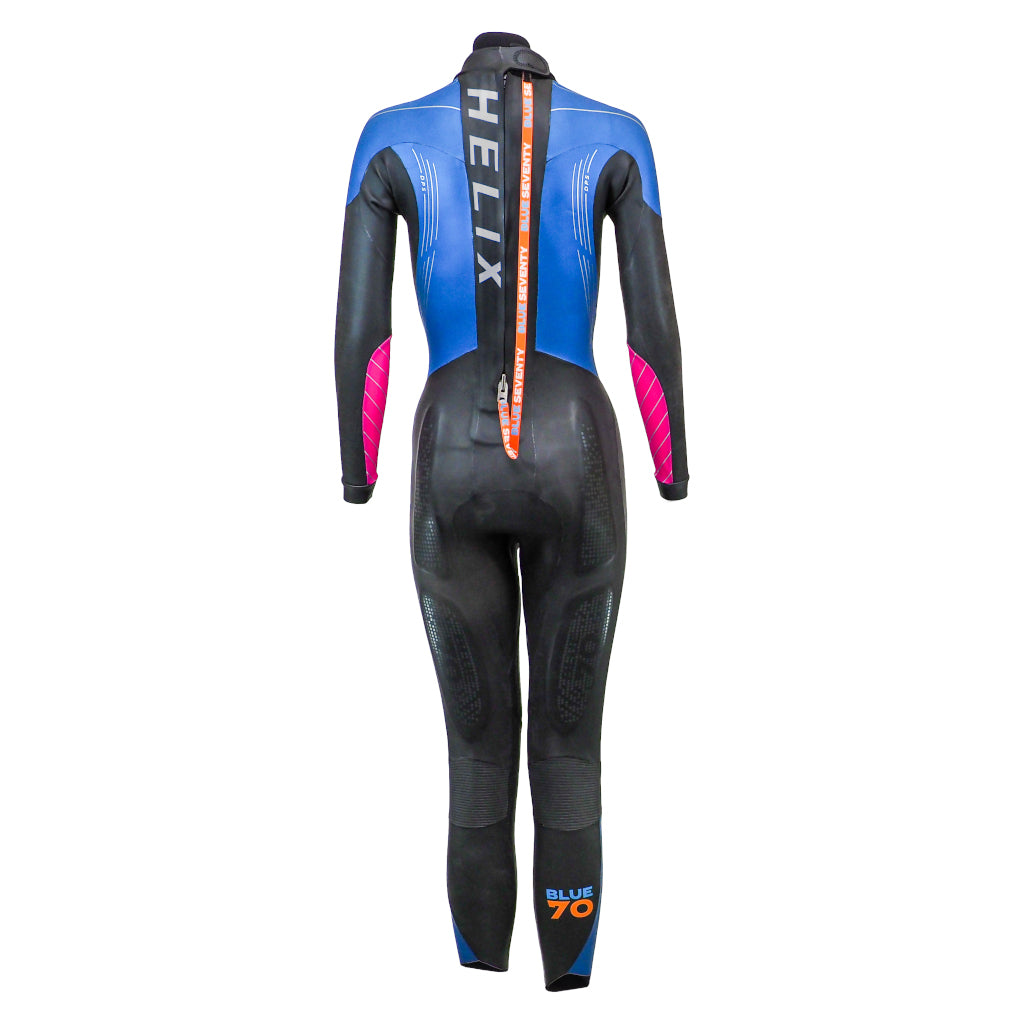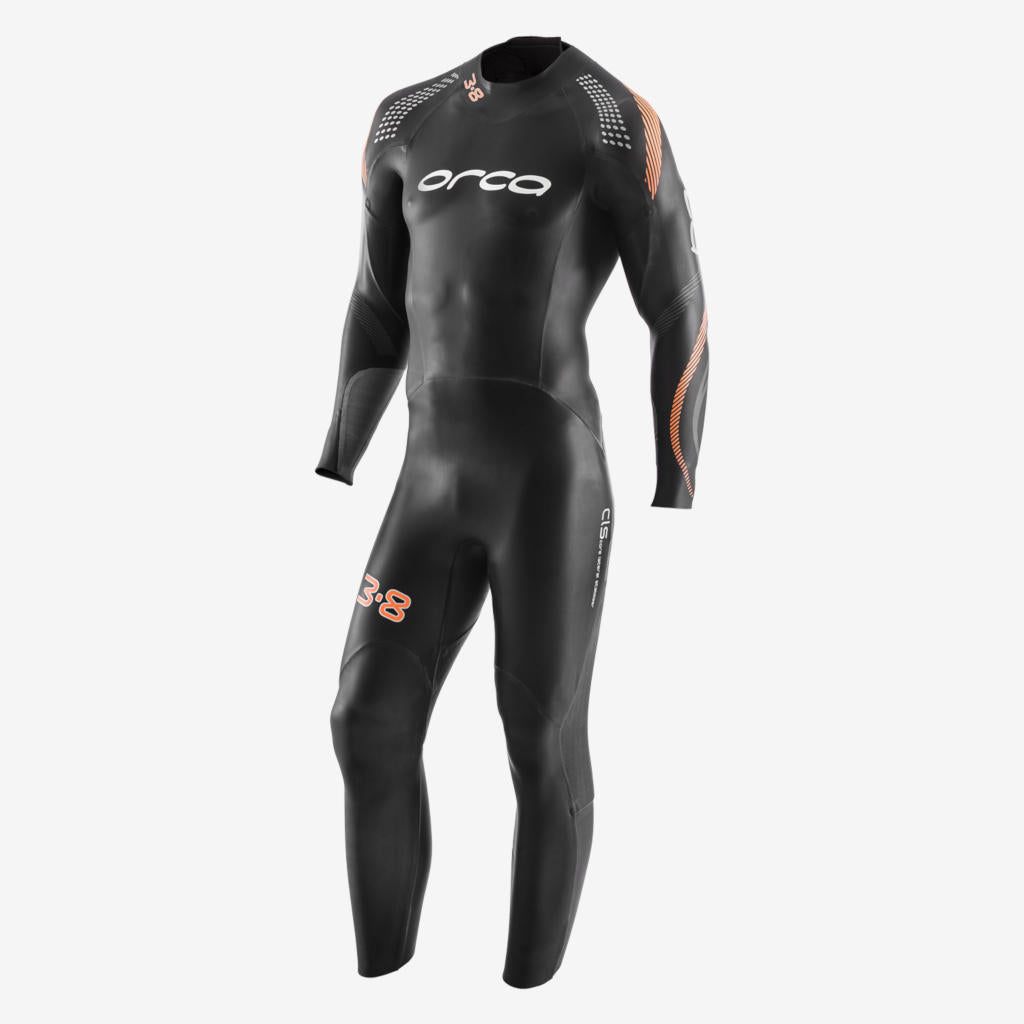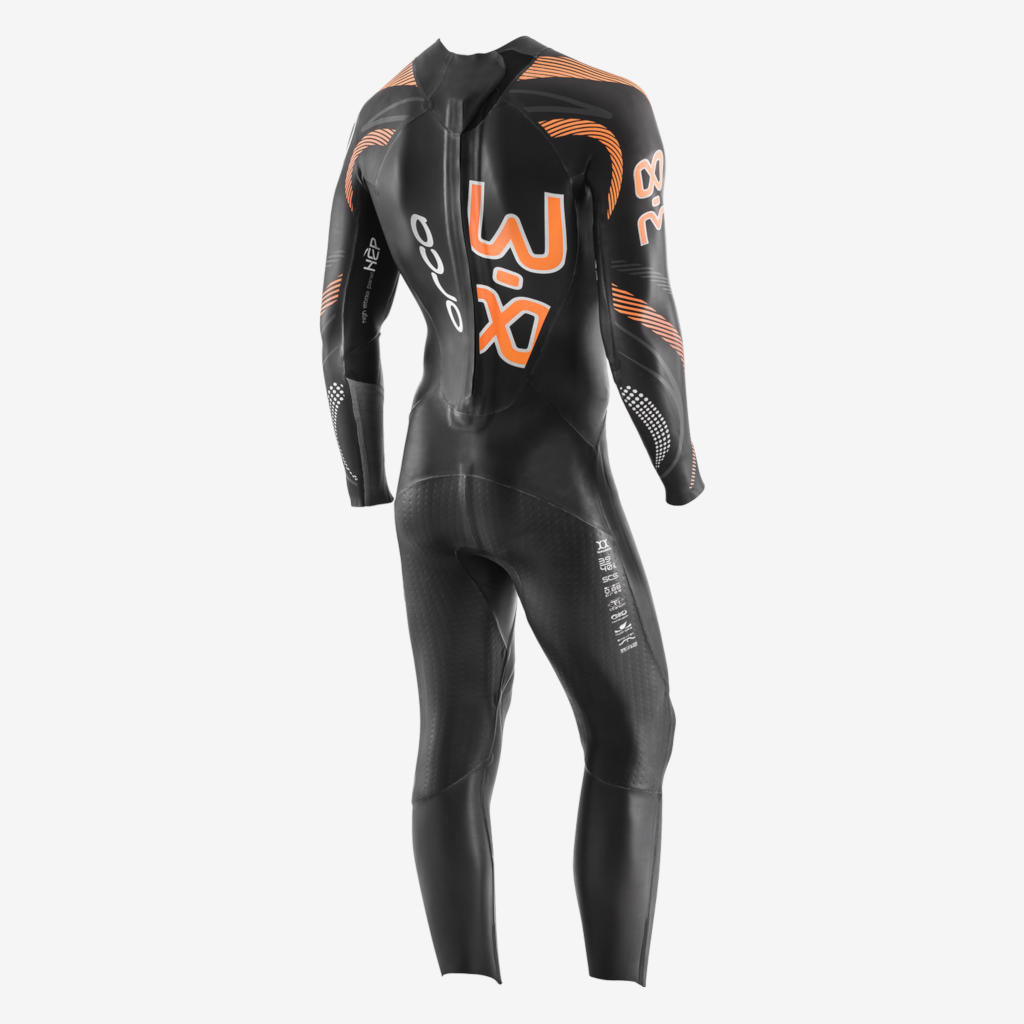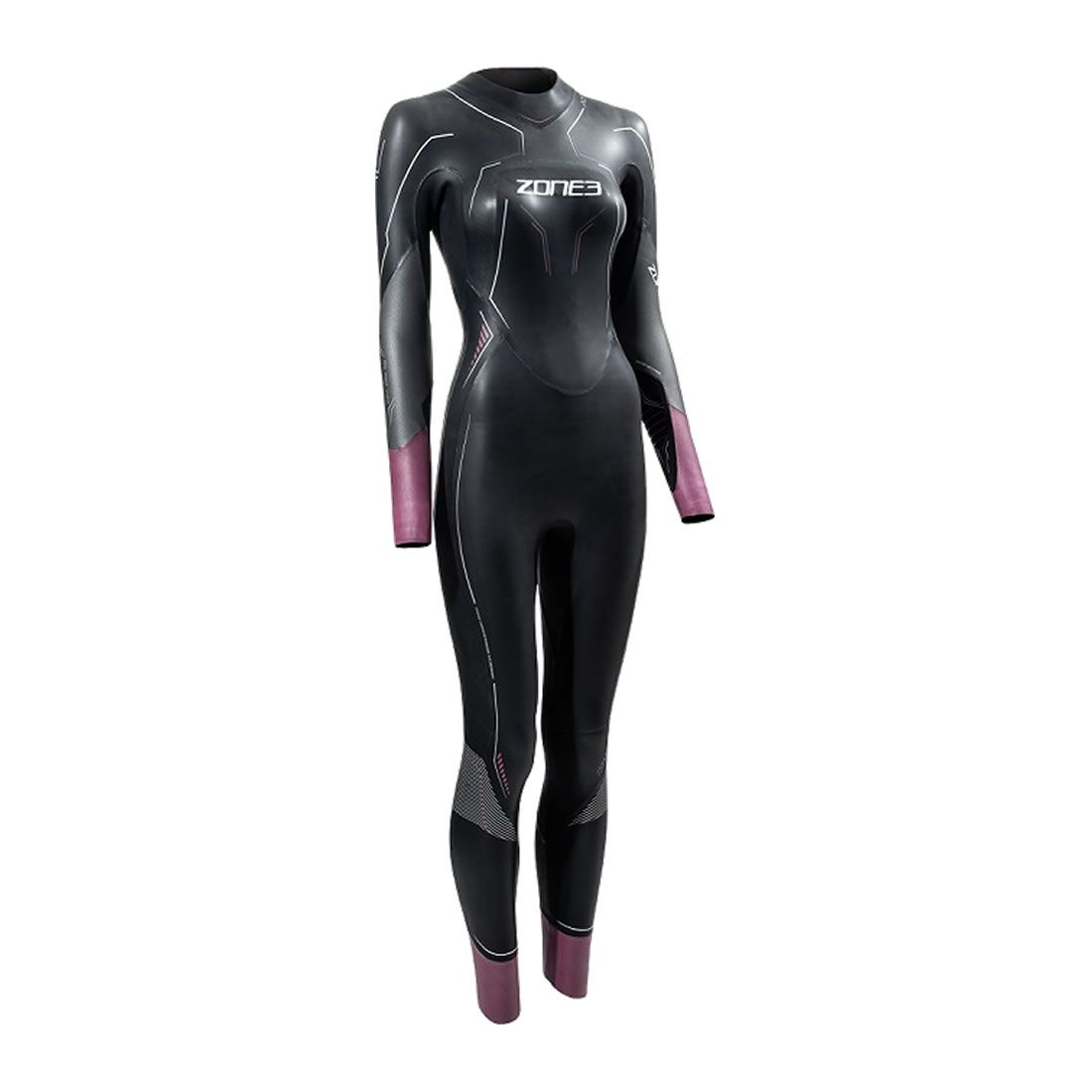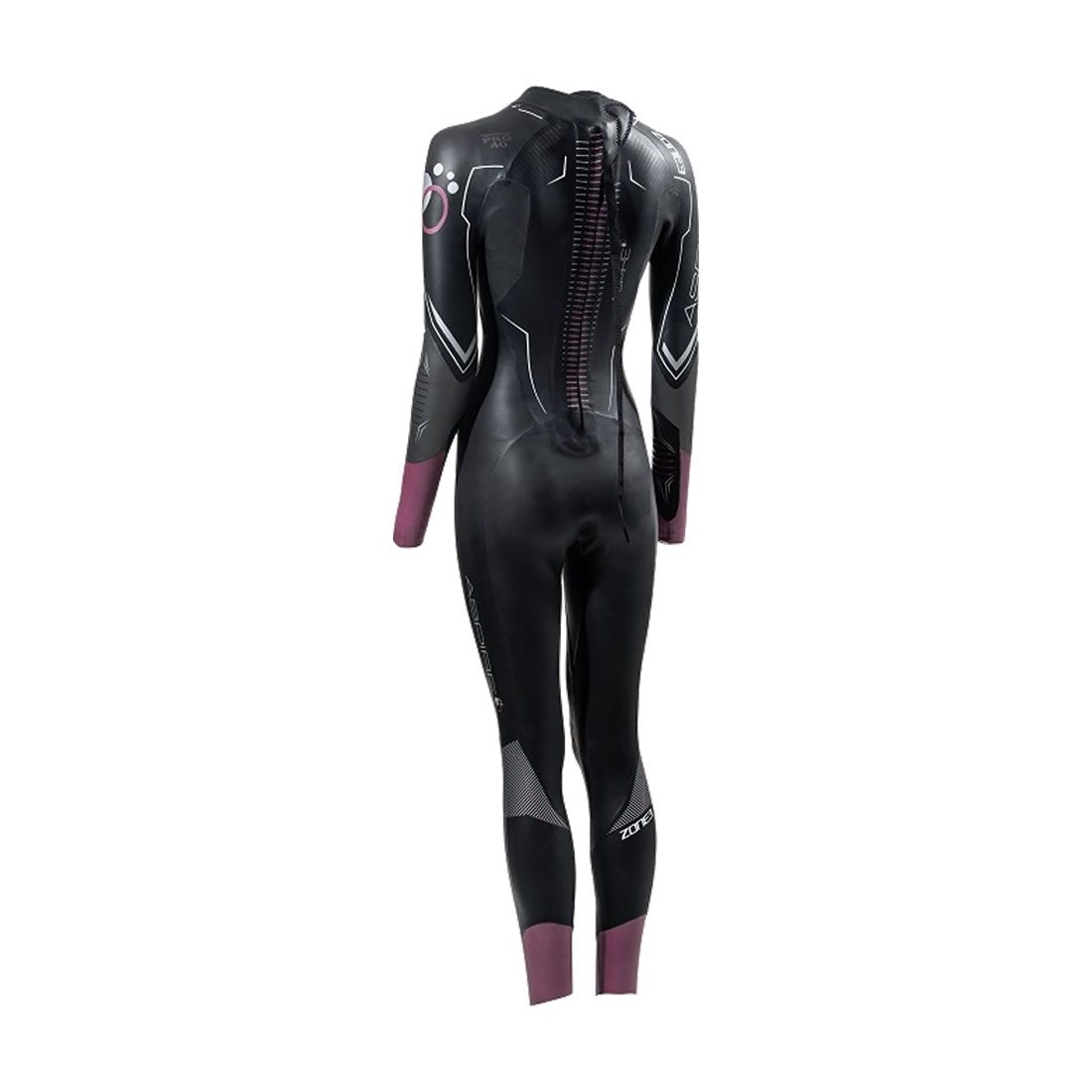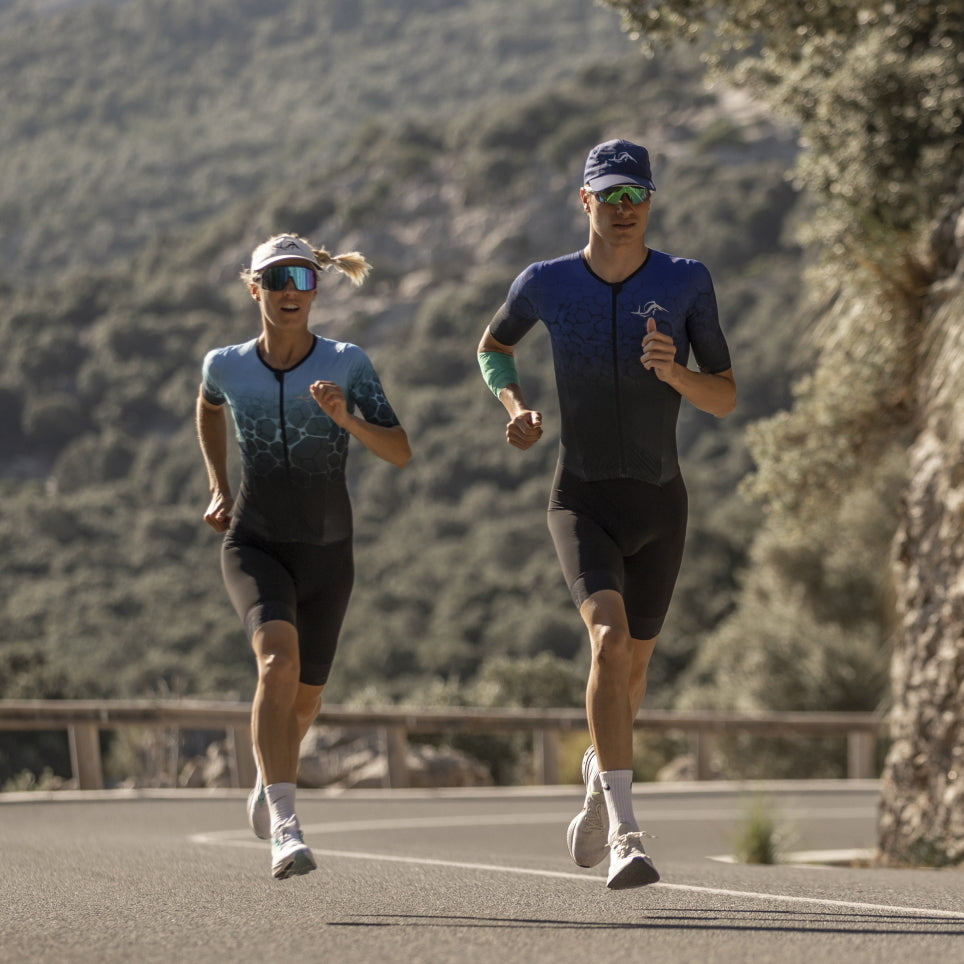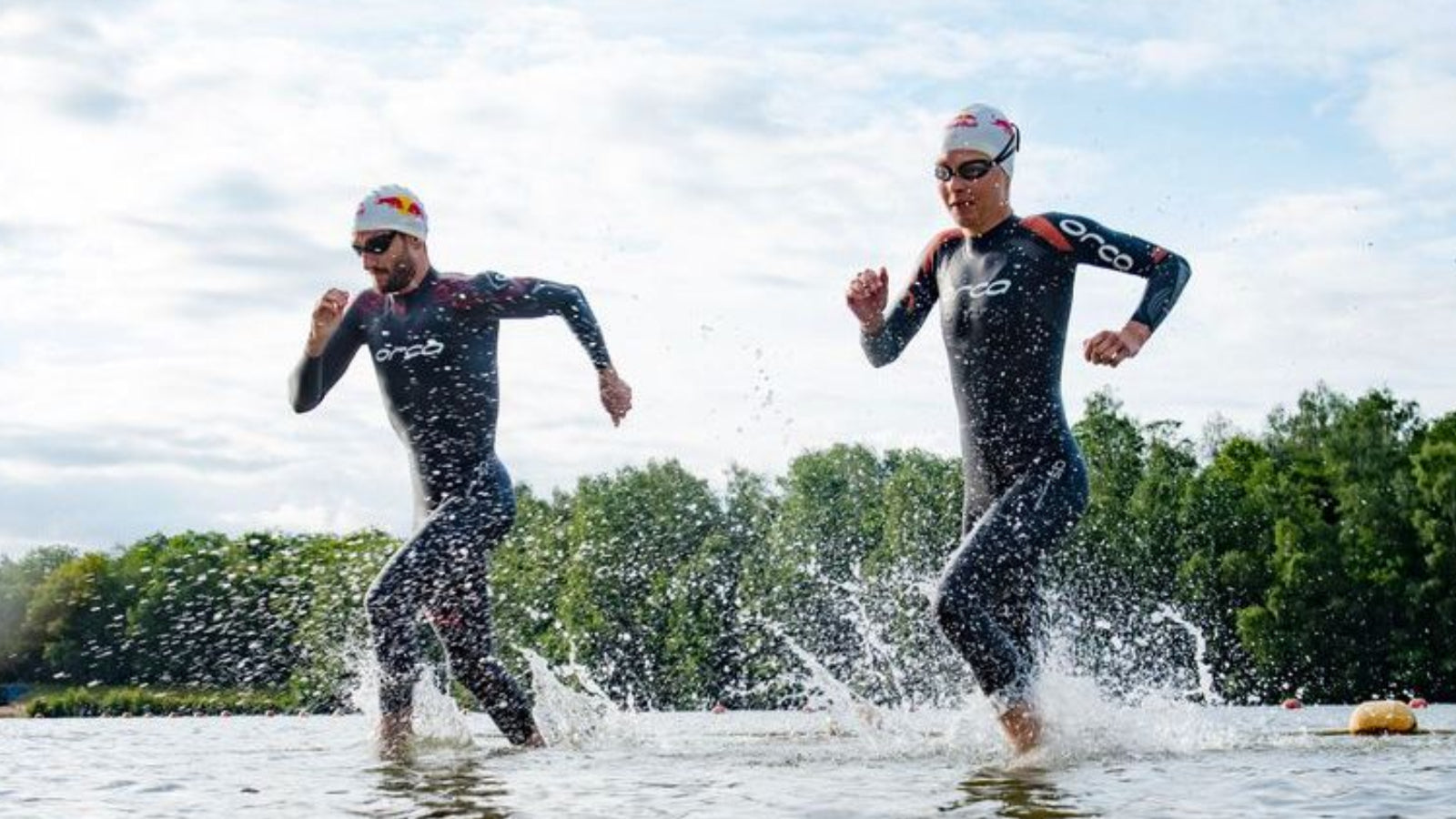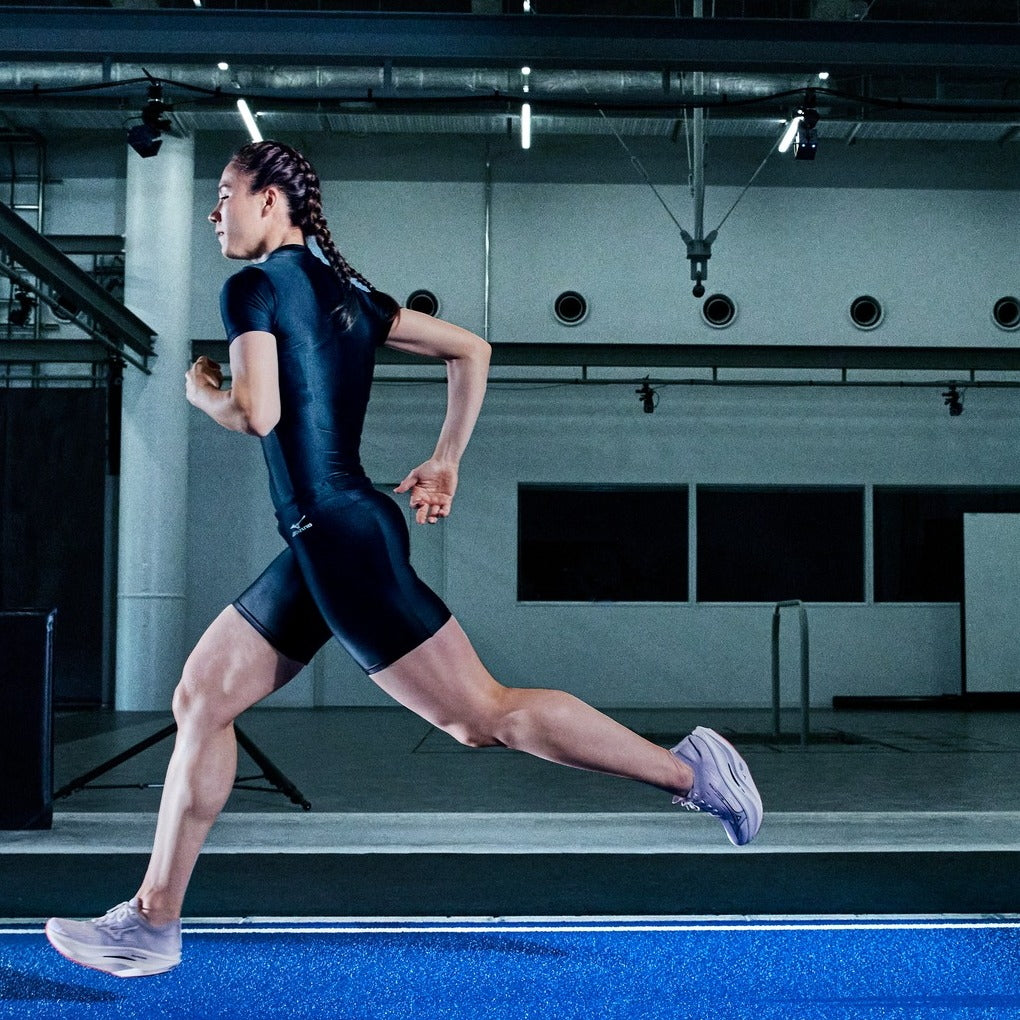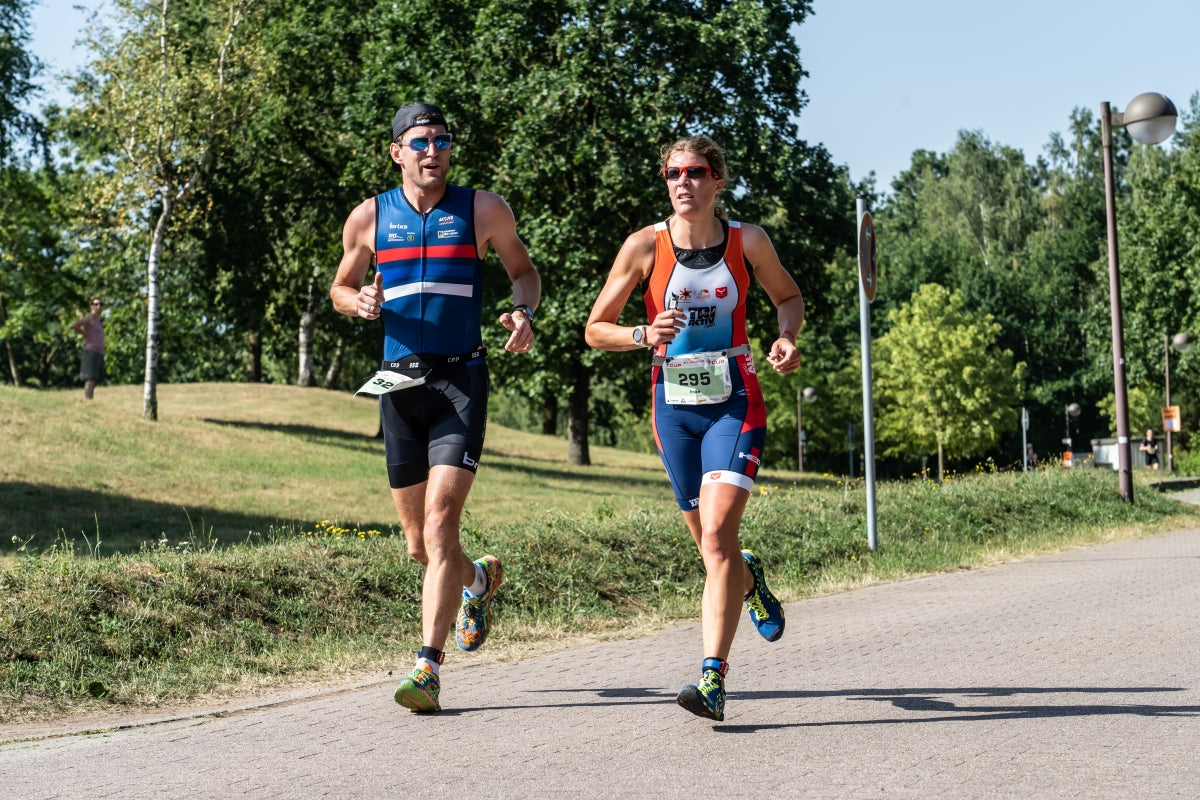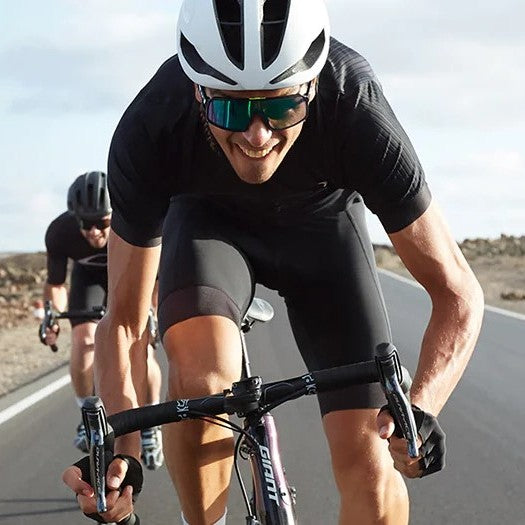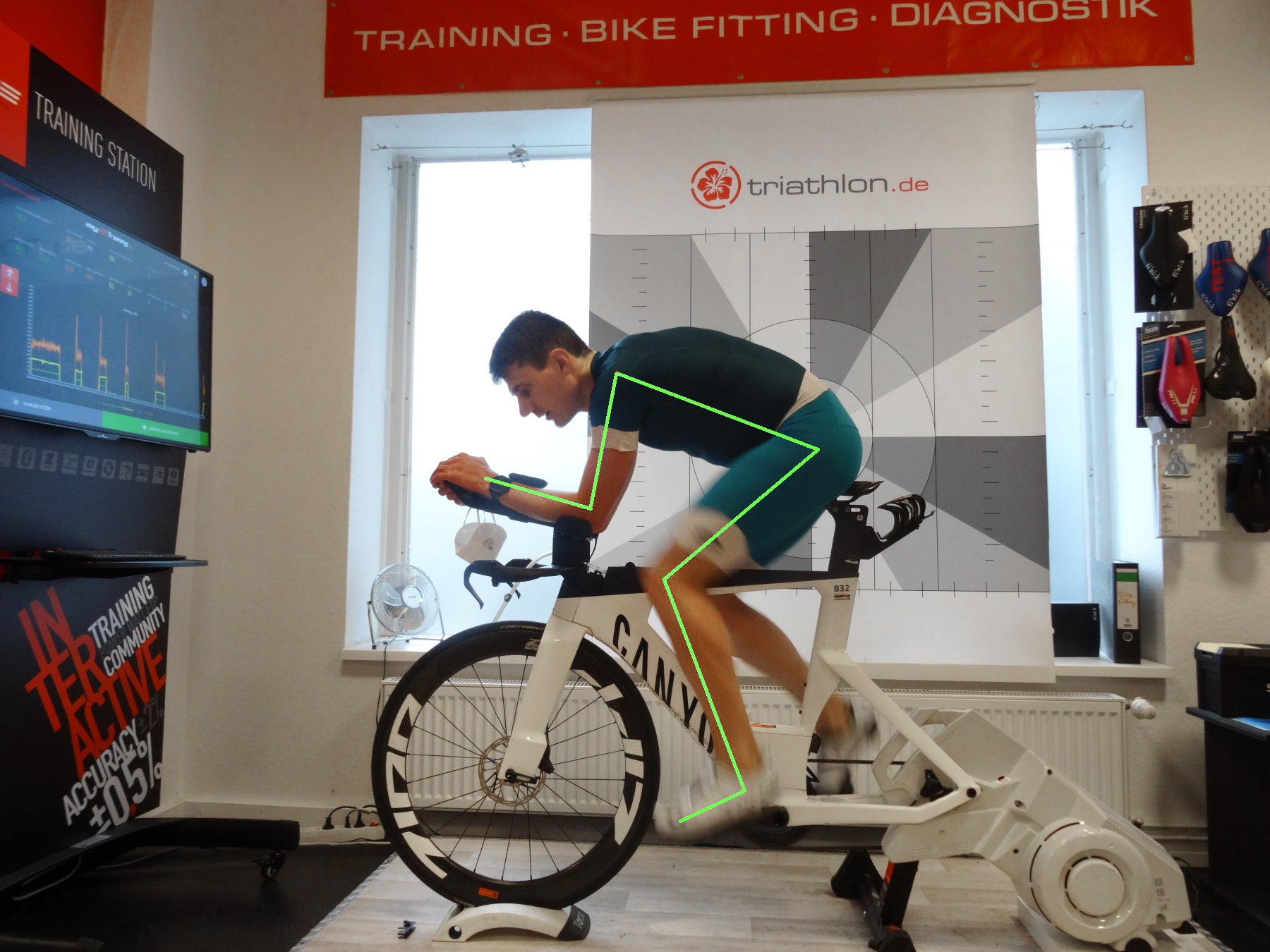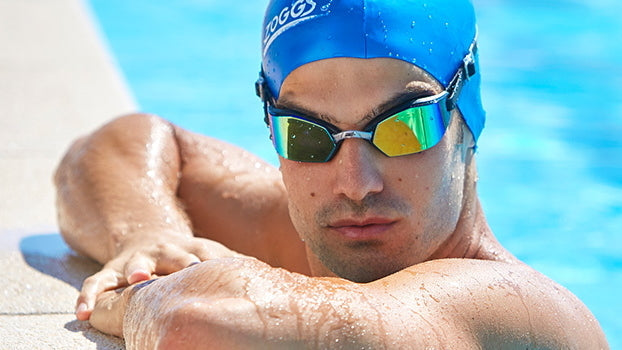Das Thema heute ist nicht so leicht zu formulieren, weil es vermeintlich so banal ist. Das A und O für die sportliche Leistungsentwicklung ist das regelmäßige Training. Wichtiger als die Intensität und die Dauer ist noch, dass man einfach regelmäßig trainiert. Dabei meine ich nicht regelmäßig im Sinne von allen zwei Wochen, sondern eher regelmäßig im Sinne von mindestens 2-4 mal pro Woche.

Regelmäßig Trainieren und warum das so wichtig ist
Das Grundprinzip ist wieder die Superkompensation. Dieses Prinzip besagt, dass der Körper auf einen Trainingsreiz mit einer Anpassung reagiert, damit der Reiz beim nächsten Mal nicht so belastend ist. Diese Anpassung beginnt sofort nach der Belastung und kann Tage und Wochen (bei sehr intensiven Reizen, z.B. Langdistanz-Triathlon) dauern. Daher ist wichtig, dass die Zeit zwischen zwei Trainings nicht zu kurz ist, damit sich der Körper optimal anpassen kann. Die Zeit darf aber auch nicht zu lang sein, denn dann lässt die Anpassung auch wieder nach.
Wettbewerb der ToDos
Jeder von uns bewegt sich, wenn er nicht gerade Sportprofi ist, im Spannungsfeld zwischen Job, sozialem Umfeld, anderen Hobbies und natürlich seinem Sport. Wieviel Zeit wir dem Sport einräumen, richtet sich in der Regel danach, wie hoch wir das Training priorisieren. Oftmals tritt das Training zurück, weil etwas anderes (vermeintlich) wichtiger ist. Daher kann ich nur empfehlen, dass ihr es macht wie ich und euer Training an ein sportliches Ziel knüpft.

Was macht ein sportliches Ziel aus?
Ein sportliches Ziel sollte “smart” sein: Also “s”pezifisch (nicht vage, sondern präzise), messbar, anspruchsvoll, realistisch und terminierbar. Für Sportler bietet sich da natürlich ein konkreter Wettkampf an, denn der erfüllt genau die “smart” Kriterien. Mein Ziel ist, den Sandman Triathlon in Swakopmund in unter 5 Stunden zu finishen. Der Wettkampf ist genau definiert mit seinen Strecken über 1,9 - 90 - 21 Kilometer, die Zeit und die Strecken sind klar messbar. Für mich ist die Zielzeit von unter 5 Stunden aktuell durchaus anspruchsvoll. Sie ist aber auch realistisch, da ich aktuell die 1,9 Kilometer in 33 Minuten schwimmen, die 90 Kilomter in 2:45 h radeln und die 21 Kilometer in ca. 1:45 h laufen kann. D.h. wenn alles gut läuft kann ich die Zeit schaffen. Und last not least ist der Wettkampf mit seiner Startzeit 3. Dezember, 7:00 Uhr völlig eindeutig terminiert. Da muss ich also abliefern.
Nach der Saison ist vor der Saison
Wenn man in der Triathlon-Branche arbeitet, dass die Hochsaison auch bei mir in der Arbeit Hochsaison ist. Darum habe ich mich entschlossen meine Saison in den Herbst und Winter zu legen, weil dann natürlich auch einfach Zeit zum Trainieren ist nicht ganz so viel Arbeit anliegt. Der Haken an der Sache ist, dass in unseren Breiten das Wetter nicht ganz auf der Seite meines Planes ist. Also muss ein Wettkampf her, den man bei mehr oder weniger angenehmen Temperaturen machen kann. Kleine Nebenbedingung ist, dass ich idealerweise auch noch den Wettkampf mit Urlaub verbinden möchte.
Und so geht’s weiter
Wie man jetzt von der Idee, also von der Definition eines Ziels zur eigentlichen Zielerreichung kommt, das verrate ich euch im nächsten Blog. Kleiner Tip: Schaut schon mal in meinen Trainingsplan. Obwohl ich nicht besonders viel Zeit für den Trainingsaufbau hatte, könnt ihr hier sehen, wie man sich auf einen konkreten Wettkampf vorbereiten und Schritt für Schritt die Wettkampfform entwickeln kann.

Warum weiß ich das alles?
Seit ich Sport treibe, ist das Thema Trainingsplanung und -steuerung mein Steckenpferd. Um es mit dem Worten von Hannibal Smith vom A-Team zu sagen:”Ich liebe es, wenn ein Plan funktioniert.” Daher habe ich diverse Ausbildungen als Übungsleiter, Sportwissenschaftler und Trainer durchlaufen. Seit meinem 18. Lebensjahr trainiere ich auch Athleten und habe schon vielen von diesen Athleten die richtige Schwimmtechnik gezeigt, für den Triathlon oder für einen Lauf fit gemacht. Ebenso habe ich immer schon meine eigenen Trainingspläne geschrieben. Daher habe ich alle Einheiten, die ich anderen empfehle auch immer schon auf Herz und Nieren an mir selber ausprobiert.
Trainingspläne von triathlon.de
Du willst noch mehr über mich erfahren? Dann werde mein Freund auf Facebook: Ralph auf Facebook







